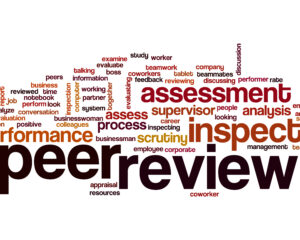There are many benefits to peer reviewing articles for journals. Reading cutting-edge research can inform your own research, help you keep up to date with
Read more

There are many benefits to peer reviewing articles for journals. Reading cutting-edge research can inform your own research, help you keep up to date with
Read more
In short, 3 months. From reviewing academic forums (see here, here, and here), the general consensus among researchers appears to be 3 months (but see here and here). It is not
Read more
Almost every scholar has had a paper rejected. Journal acceptance rates are typically low, ranging from 5% for higher impact journals (e.g., The Lancet) to 69%
Read more
Requests for additional experiments typically fall into one of three categories: What should you do? #1 The suggested experiments are fundamental to proving your argument.
Read more
Remember that you are dealing with people, not just a faceless submission system. The Editor-in-Chief and the reviewers are just like you—they have feelings, likes
Read more
Why is it important to be fast? First, most research is time-sensitive. Perhaps some other group is working on the same problem as you. You
Read more
The Editor-in-Chief may deal with thousands of papers. He may not remember the details of your paper, and he certainly will not have the time
Read more
Reviewer: The English is not good enough for publication Author: Some of the reviewer’s comments were so badly written, how can he be a good judge
Read more
There are many factors that you need to get right before your article is accepted. It has to present the results of good research with
Read more